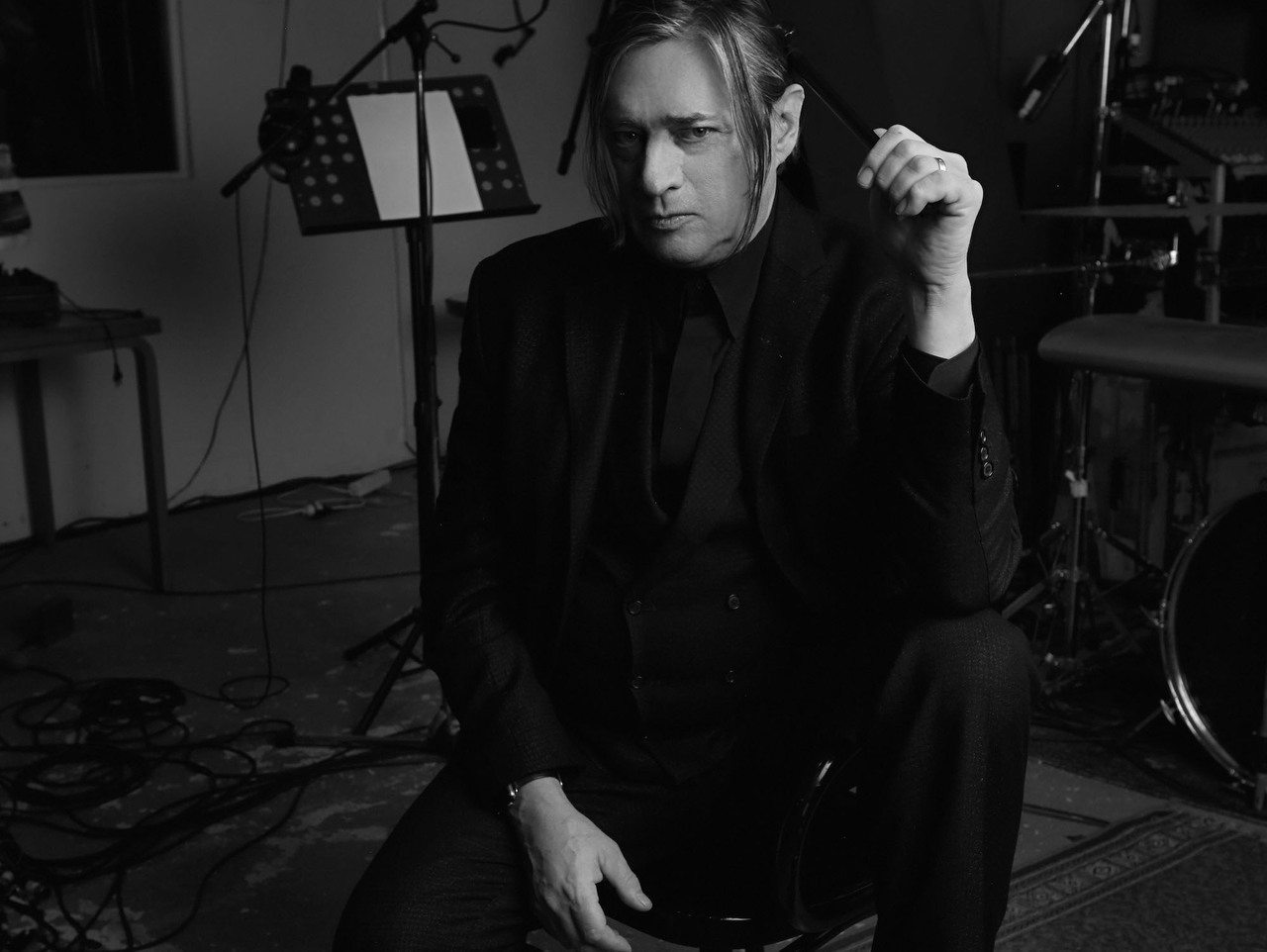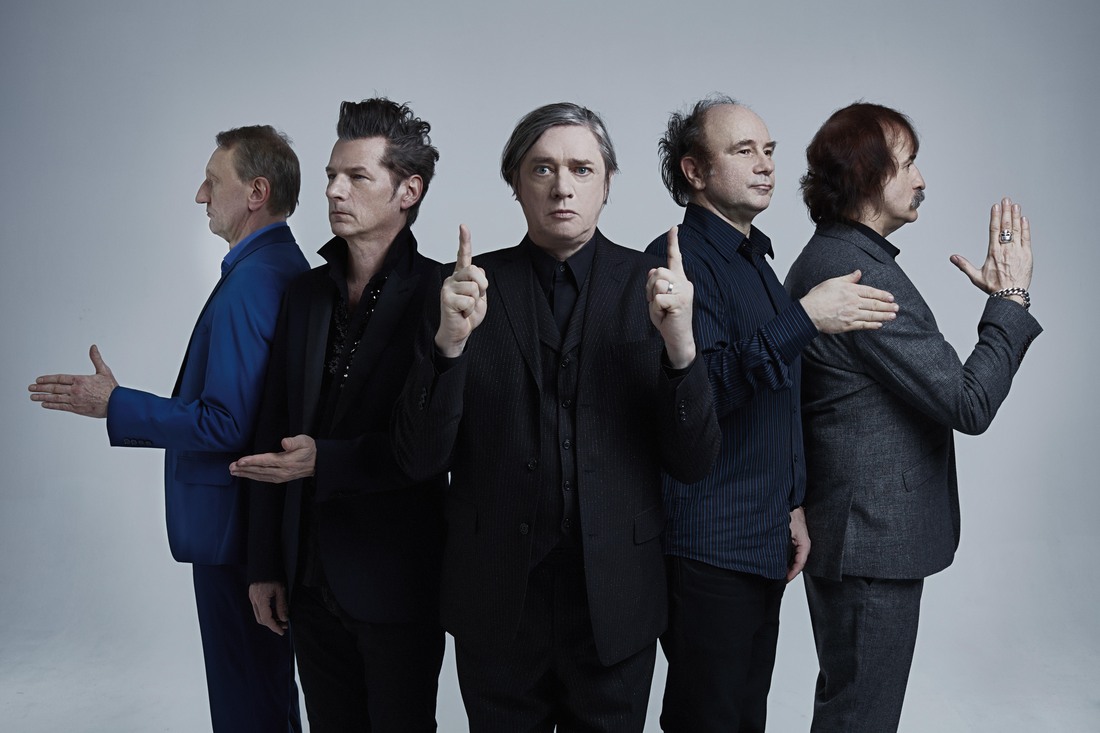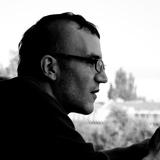Neubauten's own guitarist Alexander Hacke is also involved in many projects with his wife, Danielle De Picciotto, and along the way he performed in more than 10 bands, both as a bass player and as an electronic/experimental musician. N.U. Unruh, also a co-founder of Neubauten, recognised as a piano-restorer and instruments inventor who also builds mechanical stage-props theatre plays, seems to have some spare time to develop his latest percussive instrument called
Beating The Drum, apart from spending days and nights in the studio with Neubauten, rehearsing and recording.
Back to their latest and anniversary album, I find
Alles in Allem a very Berlin-esque work, with references to Tempelhof, Grazer Damm and so on. “How do you react to Berlin these days, many years after the so-called gentrification of the city? Is it still close to your heart?”, I ask Bargeld. He kindly replies that the original name of the album was “Welcome to Berlin” but they gave up the idea because of the lack of references to actual parts of the city. Speaking of the concerts they held 15 years ago in the Palast der Republik, he says that “the first one, performed exclusively for our supporters, is one of my favourite concerts and one of the best we ever had: no light-show, no stage. We were actually playing the whole building.”
Gently touching these pandemic times, the subject of the day, he admits he hasn't “left the building” (like a twisted interpretation of Frank Zappa’s “Elvis has just left the building”) for 57 days (at the moment of interviewing him), so he really doesn’t know much about Berlin anymore. “For me it makes no difference, today if I'm in Berlin or New York or in Cambodia. The only space I know is the inside of my house at the moment”, he funnily admits. While in quarantine, he ordered some basic gear, like a microphone and a huge amplifier because he misses his studio.
Returning to their dada-esque aesthetic in randomising ideas, I ask Blixa Bargeld if they still use “Dave”, a 600-card system derived from his car-navigation. Yes, they do. “We had basically two different attempts in composing this album: one started from the songs I composed on the piano, even though there is no piano on
Alles in Allem except from
Seven Screws and the other is playing with
Dave. We had 12 attempts with Dave, but only 4 or 5 songs are on the album. We didn't start working and saying that
we're gonna make an album, we said
we're gonna spend 100 days in the studio, for one year, while recording a lot.”
Einstürzende pioneered the idea that “supporters get more content” by becoming a member of the “Neubauten tribe”. They have exclusive content for their supporters and they use Patreon these days. Blixa held a “quarantine diary” in which he cooked. I tried to compare this approach to Radiohead’s exclusive giveaways and recording sessions for devoted fans, but Blixa abruptly cut my idea off: “I don't know everything about Radiohead. I can tell you just that we invented crowdfunding. We have reached, now, the fourth round of the "supporters phase". The best approach was on the third approach, when we released
Alles wieder offen in 2007. Then we released a bonus album, with different content addressed especially to our supporters. For our fourth phase we moved to a dedicated platform, Patreon.”



